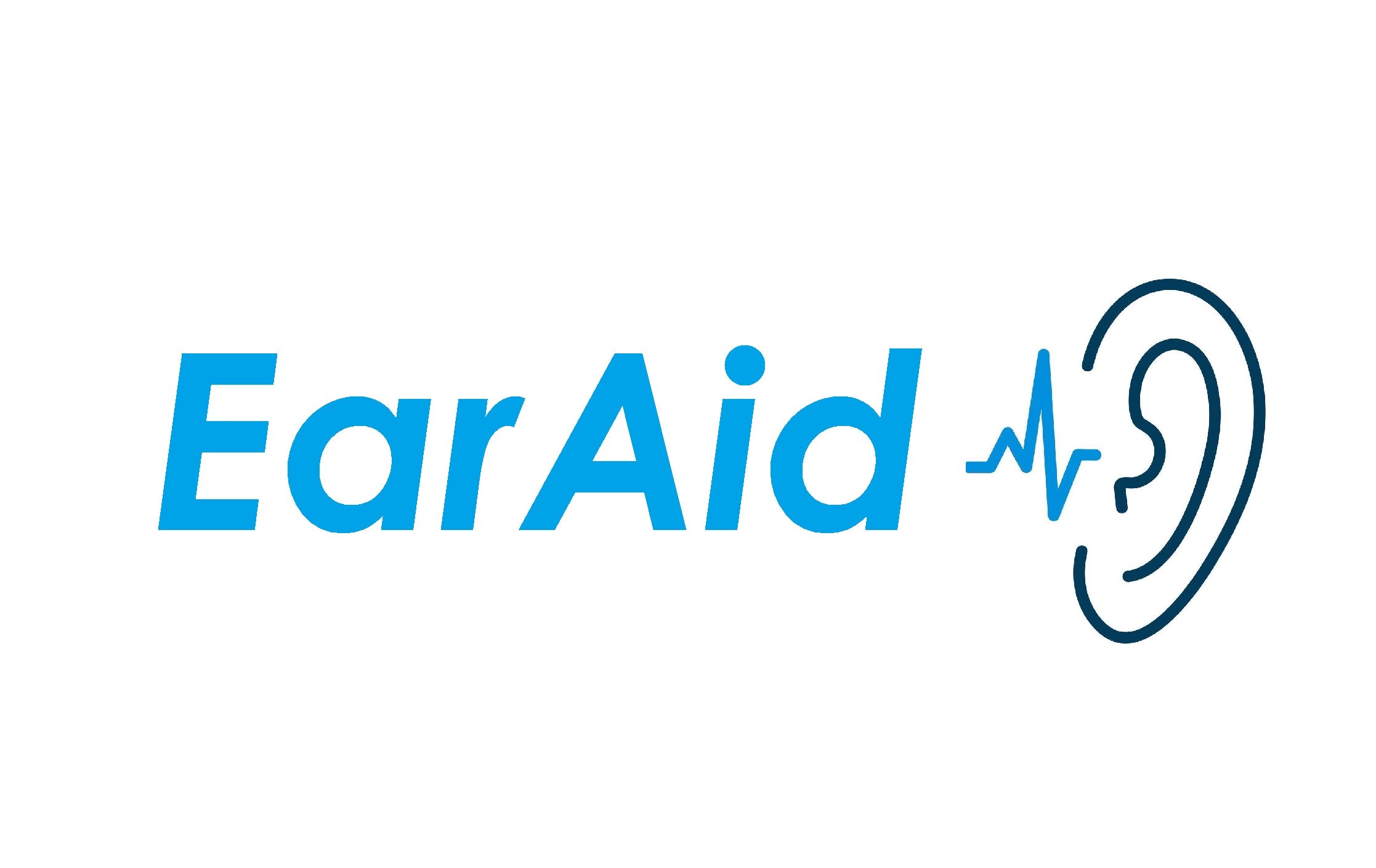
Is it legal and safe to buy hearing aids online?
After the COVID-19 pandemic many people are opting for the online model of purchasing hearing aids. Here are our thoughts on this new and emerging business model, and the things you should know before purchasing.
History of Online Sales Model
The online model of hearing aid sales has existed for many years in North America. Prominent examples include Audicus, Eargo, and Listen Lively.
These companies have dispensed and fitted hearing aids to tens of thousands of clients. Although public data on the successful outcome is scarce, the fact that Eargo is trading on the US stock exchange and raised nearly $150,000,000 in net proceeds suggests that the business model may be viable option for many clients. Having said that, there a number of things to consider before purchasing hearing aids online.
Over-the-counter hearing aids
Over-The-Counter (OTC) hearing aids have been a hot topic since US decided to create new standards for its sale and distribution in 2017.
In Canada the CAA created a working group to address the sale and distribution of OTC hearing aids in Canada.
Although not yet mainstream, this distribution model is different than the online model in that follow-up care is non-existent and personalization of the hearing aids is not possible.
Let’s talk about what lead to the advancement of online hearing aid sales.
Limitations of Online Sales Model
The online sales model is not ideal for everyone. The hearing aids sold through this model is more than likely a RIC style hearing, and hence amplification is limited within a specific range. Look for a fitting range chart to determine whether you’re a good candidate. People with severe to profound hearing loss are likely not suitable candidates.
The Real-Ear-Measurement is a test by which a hearing professional determines the performance of the hearing aid in the user’s ears. To date, there has not been a method to conduct this test remotely. A benefit of buying hearing aids locally is that this test can be performed by your hearing professional. This test can make a difference in the performance of your hearing aids.
Remote fitting and fine-tuning sessions require the user to own a relatively new generation smartphone. People that are excluded from this requirement should likely not be purchasing hearing aids online.
Things To Be Wary Of
Some websites claim to be selling hearing aids while in fact they are selling amplifiers branded as hearing aids. Make sure that you are not purchasing an amplifier when you are in the market for a hearing aid. The difference between the two is big.
An amplifier simply amplifies all sounds without taking into consideration your hearing thresholds. A hearing aid consists of a Digital Sound Processor which acts like a computer that analyzes and processes sound to best fit your individual hearing needs.
Be wary of website that are promoting hearing devices without having an actual office or a phone number.
If the website which you are buying your hearing devices from does not accept Credit Card as a means of payment it should raise a red flag. Only scam website tend to accept non-refundable methods of payment.
Before purchasing, ask the retailer if you are you able to take these hearing aids to your local clinic for fine-tuning? This can be a potential benefit should you wish to take the devices to your local clinic.
Pre-Requisites
In order to program the hearing aids, the retailer should be asking for an Audiogram (Hearing Test Result). It is possible to conduct a hearing test through the hearing aids, although this should only be done as a complementary service in addition to having an audiogram.
You must own compatible smartphone so that you can take advantage of remote control features and remote-fine tuning sessions.
Purchase should include
When buying hearing aids online, your order should inlcude in addition to the devices:
- minimum one year warranty
- minimum one year loss and damage
- minimum one year fine-tuning session services
Legal considerations
Different countries. regions, states, and provinces differ in how their local laws consider the sale and fitting of hearing aids purchased online. Please consult your local government before purchasing hearing aids online.


